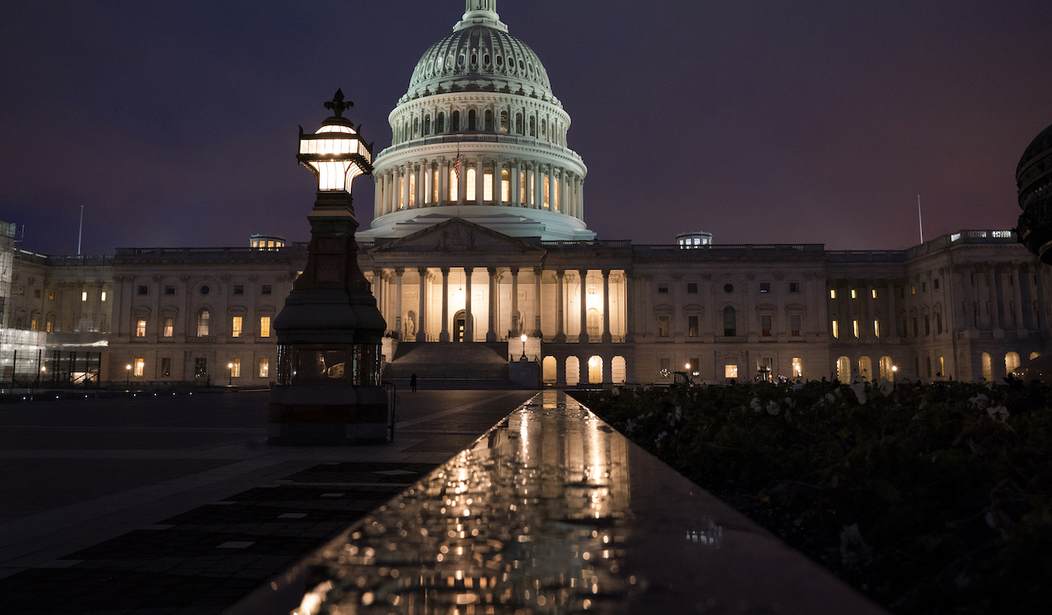Opening your mail to discover a surprise medical bill is no laughing matter. Patients who have health insurance routinely get hit with surprise medical bills that can be in the thousands. It comes as a great shock and can be devastating on top of dealing with a health issue!
It’s no surprise to health insurance companies. It’s quite actually by design. Insurance companies have created a backdoor loophole for themselves that rakes in millions at the expense of patients, doctors, and the general public.
The insurance companies are fully to blame, and culpability stops with them despite a well-funded campaign to distract and confuse the entire issue. Many who support legislation pending on SMB want to use that issue to push for even more government control of health care.
Here’s how it works. Surprise Medical Bills lovingly called SMB’s are charges arising when an insured individual receives medical care from an out-of-network provider and gets a bill that was unexpected. These SMBs enrich the insurance companies because they don’t have to pay out the benefits. This obviously hurts the patients, the doctors, and the health care providers left holding the bag.
How does this happen? Insurance companies have made it difficult for consumers to avoid these bills and are the ones who make it virtually impossible for an insured to avoid an out-of-network provider. Insurance companies purposely craft narrow and confusing policies. Victims of SMBs are the doctors, patients and health care providers who have no recourse and the insurance companies simply shift blame, and the bill, over to them.
Recommended
Every year the health care industry makes record profits thanks to a system crafted by government to benefit the insurance companies. Insurance company lobbyists helped to create Obamacare, because they were granted a mandate. Every American was forced to purchase their product through the individual mandate. It is a perfect system for the insurers because they get to craft coverage areas while Americans are stuck with insurance carriers’ soaring deductibles and substandard coverage.
Finding a solution is an uphill battle when the enemy is an army of well-funded lobbyists. Health Insurance companies and their platoons of lobbyists in Washington spread around approximately $74 million last year out of the $157 million spent on insurance lobbying as a whole according to OpenSecrets.org.
Both sides of the aisle in Congress agree on one thing. SMBs are bad for America and must be dealt with on a Federal level. From there the agreement stops.
Currently, there are two different bills that promote a form of “price controls” as a solution that are making their way around capitol hill. None seem to have the consensus.
The first one comes out of The Ways and Means Committee and this proposal includes a mediation process for when insurers and out-of-network providers can't agree on a payment rate, while the Energy and Commerce Committee's proposal from last year would decide payment rates using a blend of both arbitration and a benchmark. The second idea comes from The Education and Labor Committee and its proposal is similar to the Energy and Commerce plan.
Lawmakers warned Congress against government-dictated price controls for surprise medical billing last week in a hearing on Capitol Hill. Republican lawmakers urged Speaker of the House Nancy Pelosi to reject proposals offering government-dictated price controls as a solution to surprise medical billing. Both Republican and Democrat lawmakers also voiced their concerns. Thirty-nine representatives, led by Republican Maryland Rep. Andy Harris, wrote in a letter, “By design, placing such price controls on purely private transactions would reduce access to care, increase the power of the federal government, and result in negative, unintended consequences. We oppose price controls as a solution to the issue of surprise medical billing,”
According to a coalition of physician groups Congress has it wrong, yet again. The solution for Congress is to push for price controls that will end up short changing doctors and limiting choice for patients. Physician groups pointed this out in a joint letter to Congress that the solution being proposed “could lead to market consolidation and artificially low payment rates.” The problem was created by insurance companies, yet the doctors and patients are paying the price.
Sadly, it looks like the only thing that Congress can promise is that the cost of healthcare to American citizens is guaranteed to go up in 2020 while coverage will undoubtedly decrease. SMBs will continue to hammer the unsuspecting patient and doctors will watch helplessly while bureaucrats march to a conclusion that only increases government control on the healthcare industry.
























Join the conversation as a VIP Member